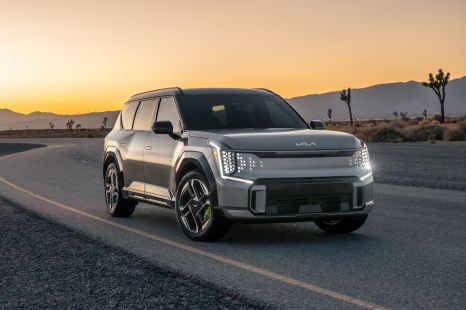

William Stopford
2026 Kia EV9: Hot GT arrives as Korean brand's priciest model ever
2 Hours Ago

News Editor
Hyundai is getting ready to reveal an electric SUV concept called SEVEN at AutoMobility LA on November 17, 2021.
The company says it hints at a new model coming to the Ioniq family and we know exactly which one: the Ioniq 7, set for launch in 2024.
It has released a single exterior teaser, which matches up with a previous Ioniq 7 teaser.
There’s a full-width daytime running light assembly and vertically-oriented headlights, both using Hyundai’s ‘Parametric Pixels’ LED lighting signature.
There’s also a convex grille with a grid pattern to match the lights.
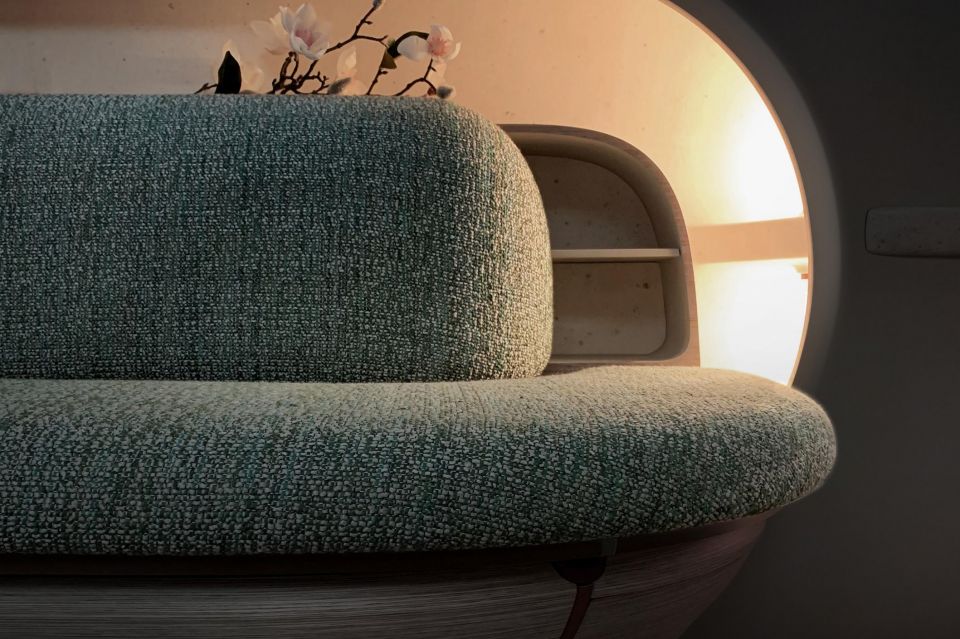
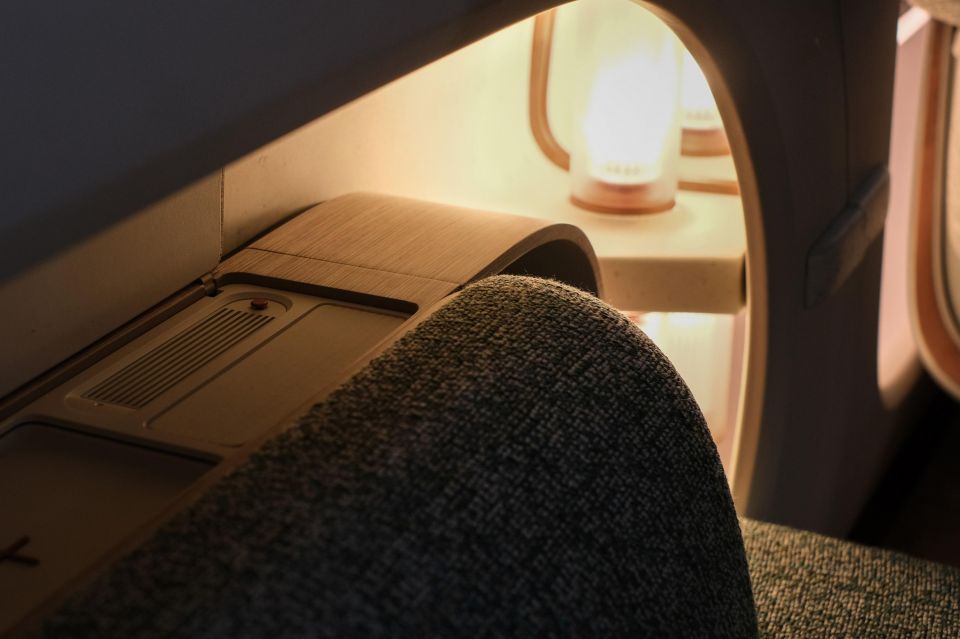
Hyundai has also released some interior teasers, though it looks like they’ve uploaded images of a modern living room by mistake – how else do you explain the throw cushions, soft and warm lighting, and vase of flowers?
The company promises a “premium and personalised lounge ambience” with sustainable materials. What we’re likely seeing is a striking yet very much concept-only interior, à la the Mini Urbanaut concept.
It’s likely the production model will still make use of sustainable materials and a lounge-like ambience, albeit not to the extent of this concept.
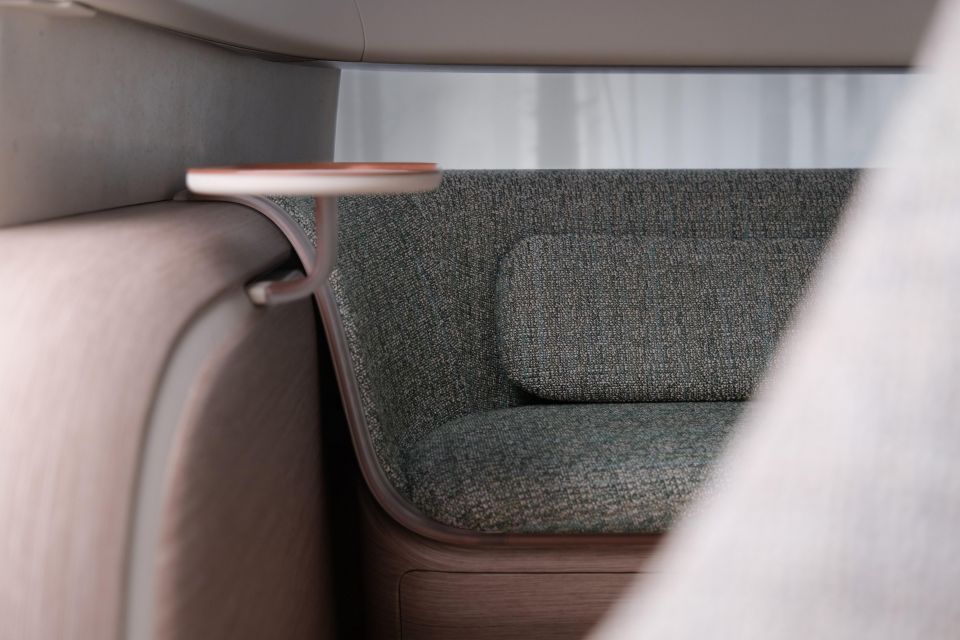
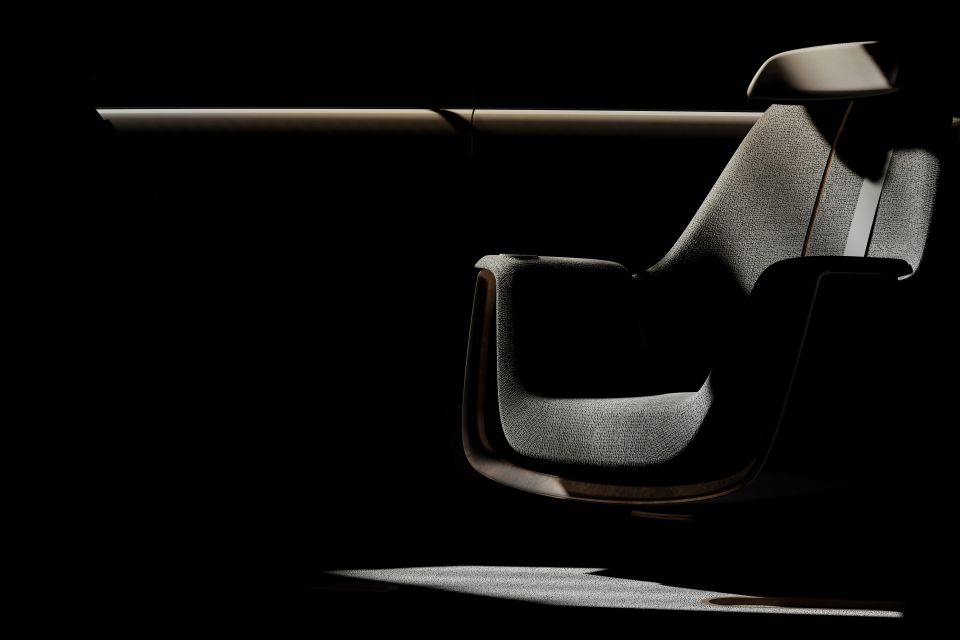
Previous teasers of the Ioniq 7 haven’t showed its cabin but have revealed much of its exterior.
The first teaser – released when Hyundai announced its Ioniq sub-brand in 2020 – showed the front end, which at the time still featured the ‘Parametric Pixels’ lighting but had different-shaped headlights.
Another subsequent teaser of the Ioniq range revealed the Ioniq 7’s silhouette, with a curved bonnet, steeply-raked windscreen, a sweeping roofline, a sharp beltline uptick at the D-pillar, and high-mounted tail lights.
There also appear to be the short overhangs and long wheelbase expected of an electric vehicle; the Ioniq 7 is expected to share its E-GMP architecture with the Ioniq 5 and upcoming Ioniq 6 sedan, among other Hyundai Motor Group EVs.
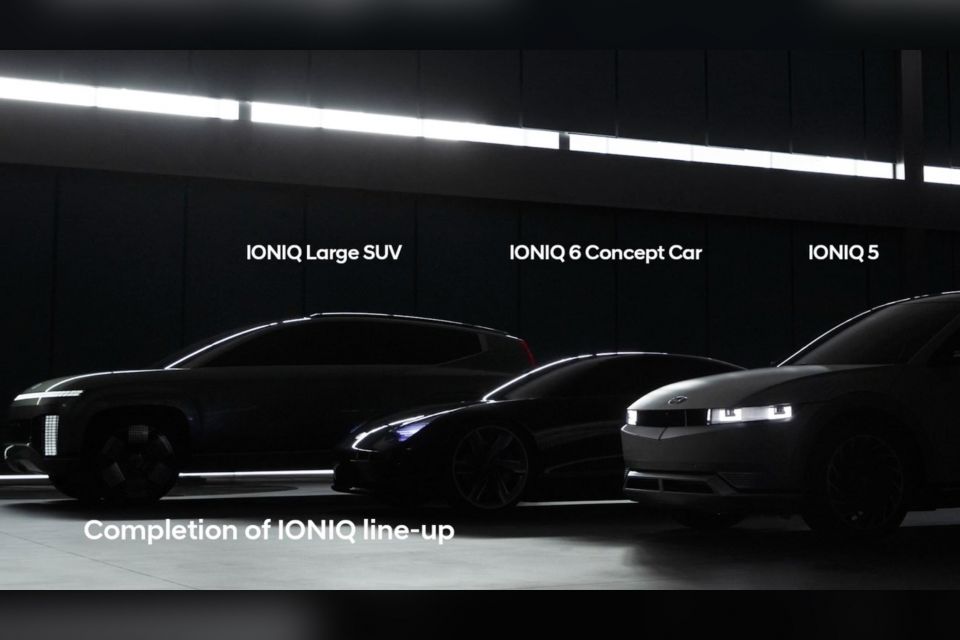
According to a report from Carscoops, the Palisade-sized Ioniq 7 will have an optional dual-motor all-wheel drive powertrain with 230kW of power.
It’ll use a 100kWh battery pack, with Hyundai also targeting a range of more than 483km.
The company has committed to reducing its 2019 carbon emission levels by 75 per cent by 2040, with the target of zero carbon emissions by 2045.
By 2030, Hyundai aims for 30 per cent of its global vehicle sales to be from zero-emission vehicles. By 2040, it wants zero-emissions vehicles to account for 80 per cent of total sales.
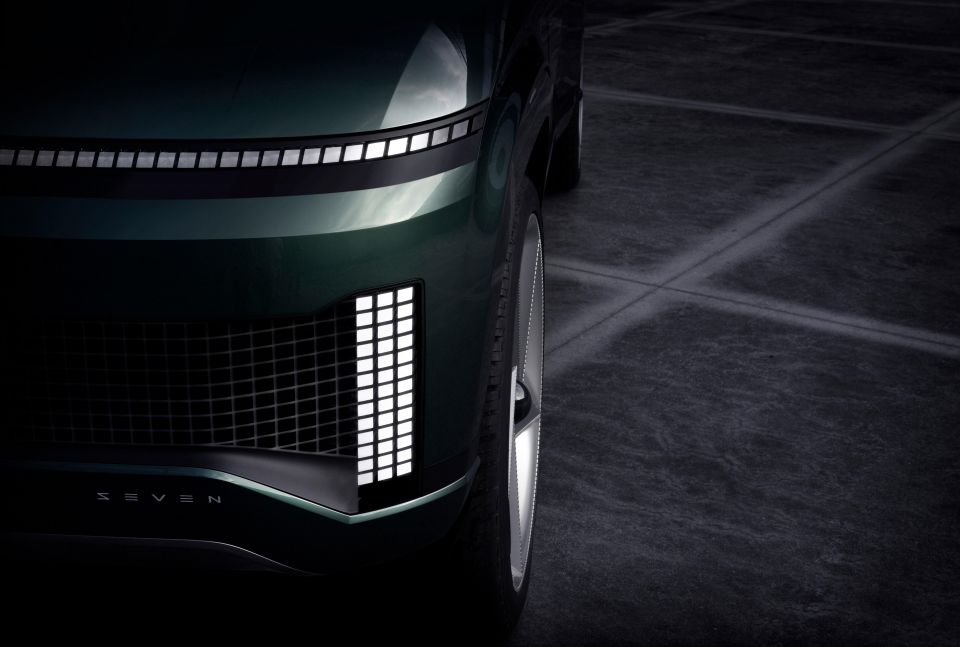
Go deeper on the cars in our Showroom, compare your options, or see what a great deal looks like with help from our New Car Specialists.
William Stopford is an automotive journalist with a passion for mainstream cars, automotive history and overseas auto markets.


William Stopford
2 Hours Ago
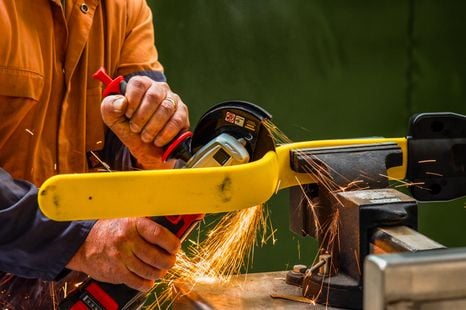

Paul Maric
3 Hours Ago
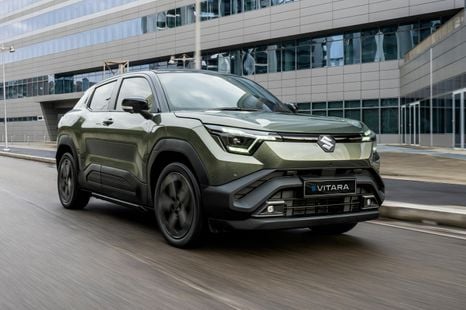

Damion Smy
3 Hours Ago
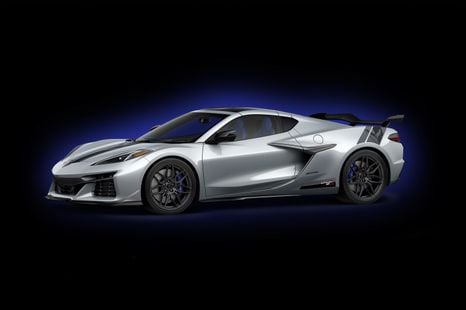

Damion Smy
5 Hours Ago
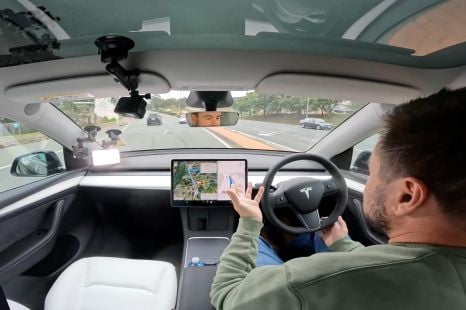

William Stopford
5 Hours Ago
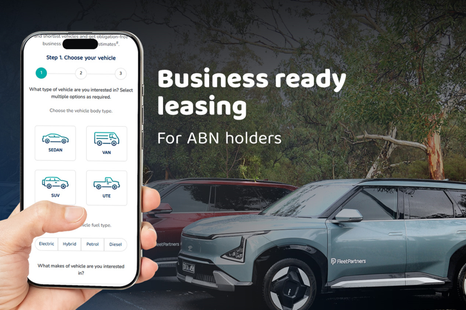

CarExpert
7 Hours Ago
Add CarExpert as a Preferred Source on Google so your search results prioritise writing by actual experts, not AI.